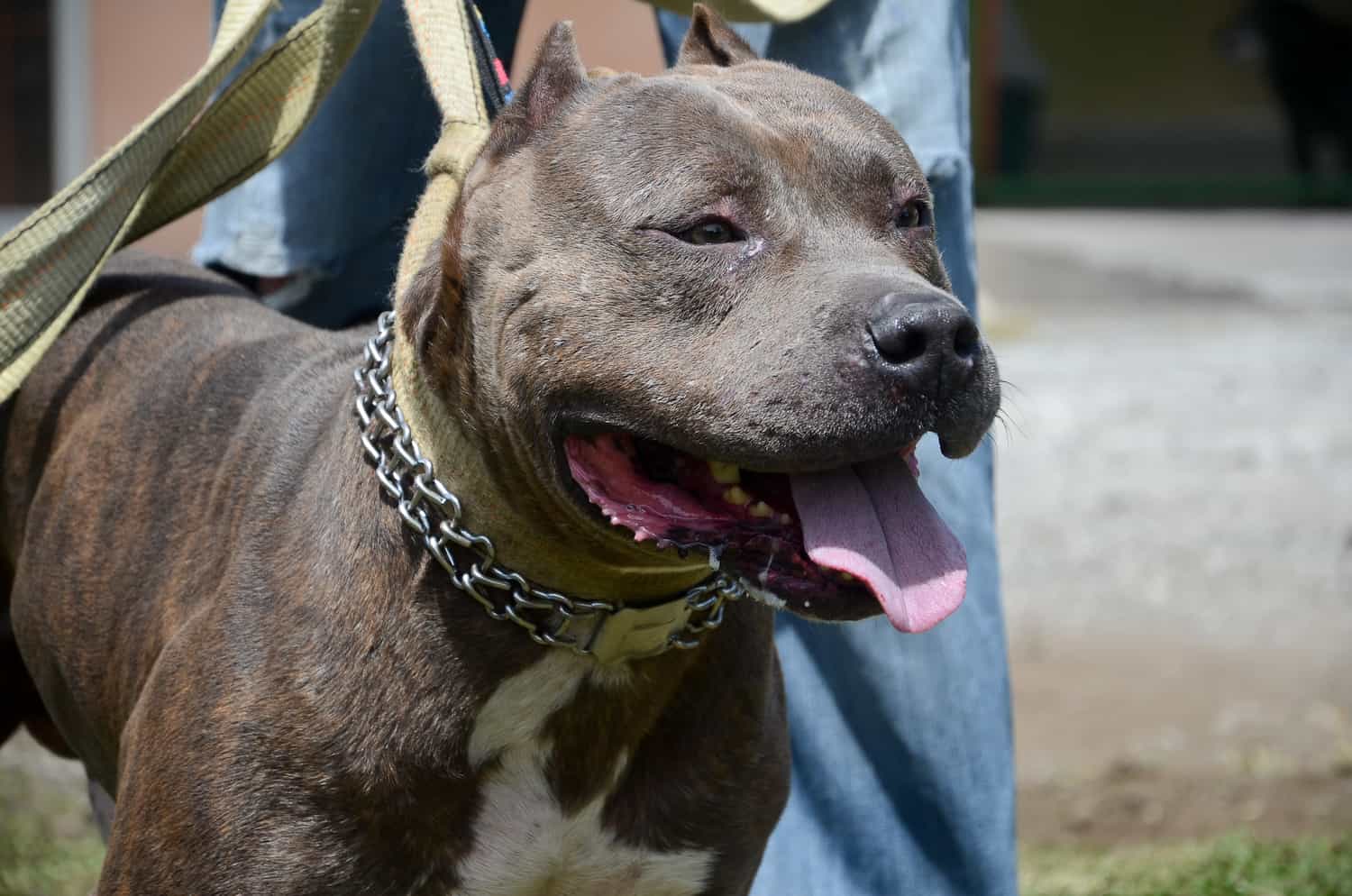In their penultimate session before leaving office, outgoing lawmakers in Costa Rica’s Legislative Assembly passed a bill that if signed into law would ban dog fighting.
“We are very pleased that this slipped right under the wire,” Cynthia Dent, the regional director for the Humane Society International-Latin America, told The Tico Times.
The Humane Society began work on a draft bill two years ago in hopes of easing the enforcement of dog fighting in court. While dog fighting is already illegal, it relies on animal cruelty legislation to pursue a lawsuit in court.
Under the current laws, dog fight organizers usually have their dogs confiscated if caught, but recieve no other punishment. Just last month, a court imposed a $200 fine on a man found guilty of hosting dog fights on his property. This was the first-ever fine levied against a defendant in a criminal case for dog fighting in Costa Rica.
The new bill would not only clarify dog fighting as a criminal offense, but also impose stricter fines and penalties of up to three years in prison for people caught in the act of fighting dogs.
Along with banning dog fighting outright, the bill would ban any event that could cause aggression, abuse or injury to dogs. Another proponent of the bill, Costa Rica’s American Stafford Association, helped introduce wording that specifically bans competitions where dogs pull heavy weights, and “pole jumping,” where canines are encouraged to leap and hang on to a piece of meat dangling from a pole for several minutes.
“It’s a sport that is utilized to train dogs to fight,” said Héctor Valverde with the American Stafford Association. “It entices dogs and makes them nervous and jumpy. It can cause joint problems.”
Though not many of these competitions have been known to happen in Costa Rica, a large public event that featured both weight pulling and pole jumping was held last year in Sabana Park.
Along with beefing up dog fighting legislation, the bill would also create an offenders list of dog fight organizers. These offenders would be required to register with Costa Rica’s Animal Health Service (SENASA), making it more difficult for them to buy aggressive dogs.
The bill could be signed into law by current president Laura Chinchilla at any time, but if she fails to sign it before she leaves office on May 8, it will pass to her succesor, Luís Guillermo Solís.
Solís was an avid supporter of animal welfare during his campaign, including ending animal cruelty as part of his platform and mentioning it in his acceptance speech. His party, the Citizen Action Party, sponsored the bill.
“We are definitely expecting improvements [with Solís],” Dent said. “We are very excited and hope we can continue working as closely as we have with the government.”






